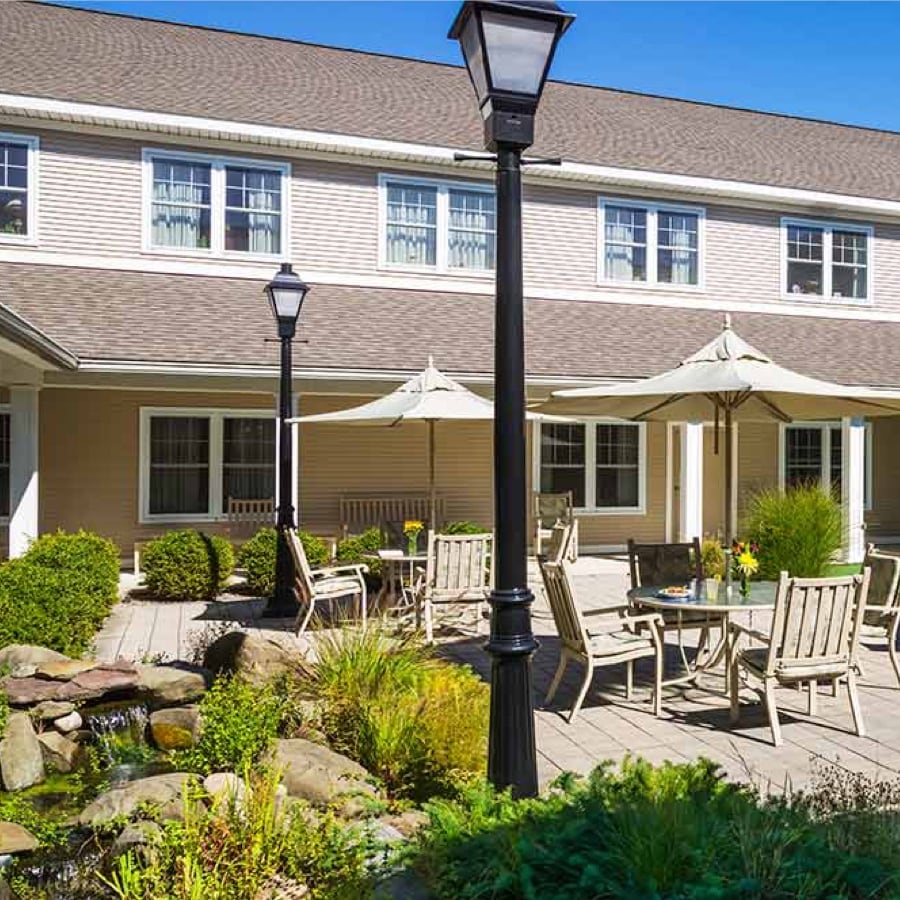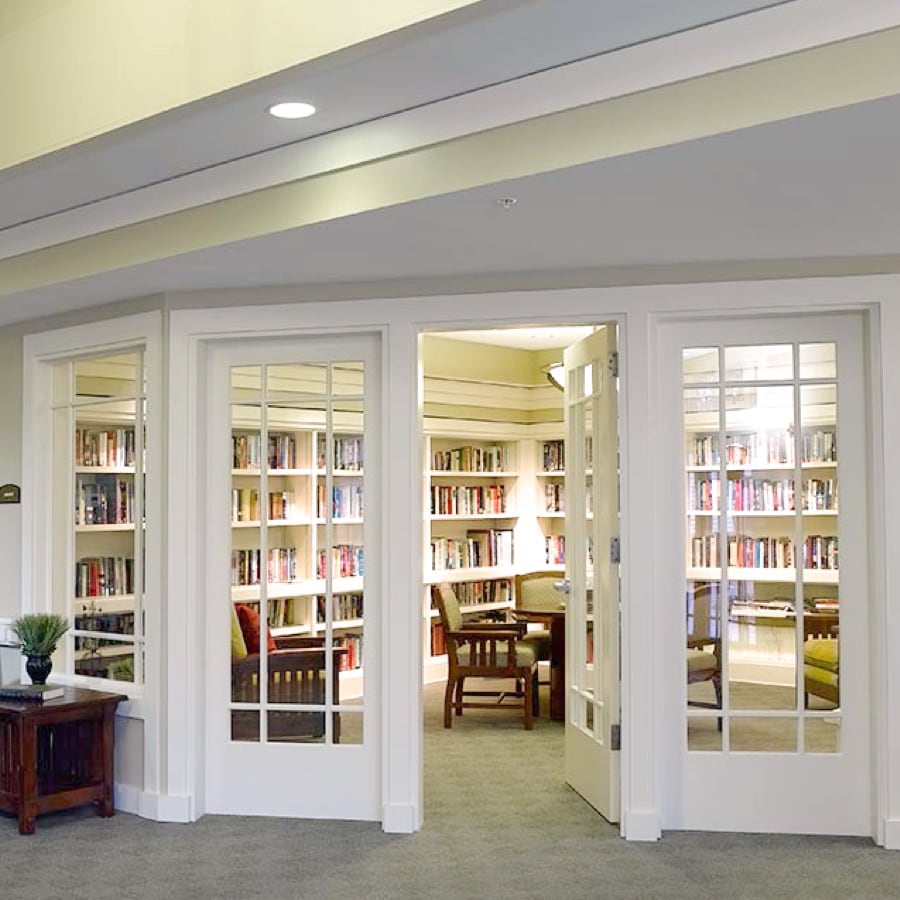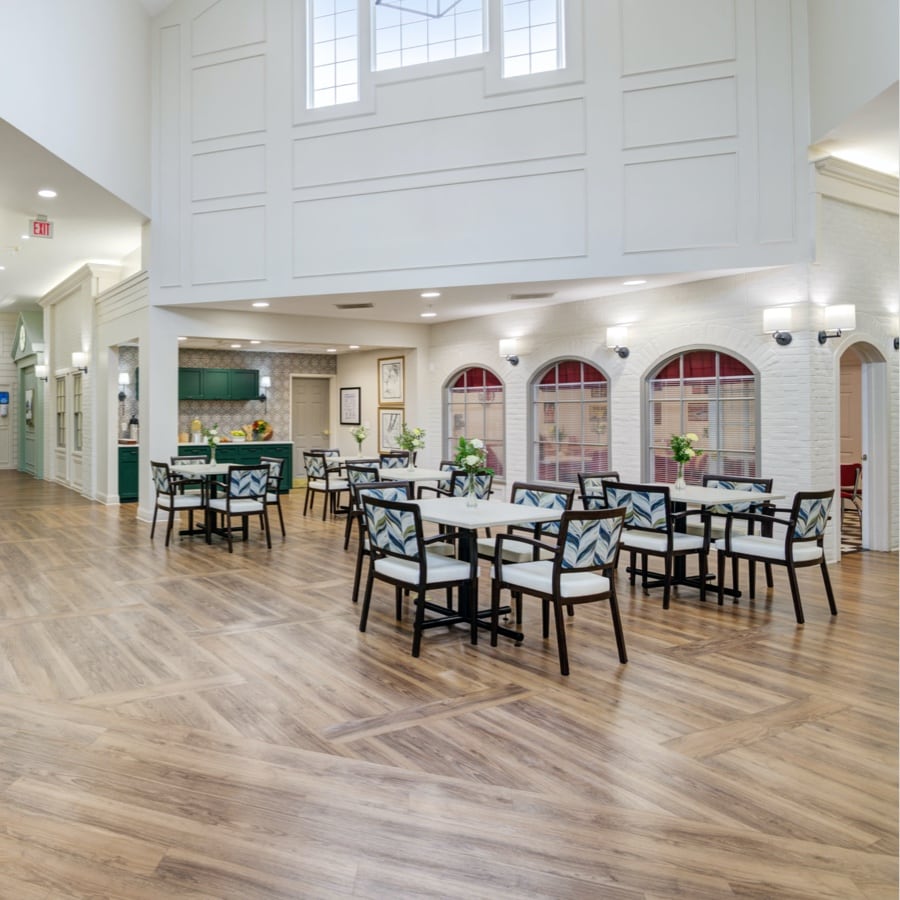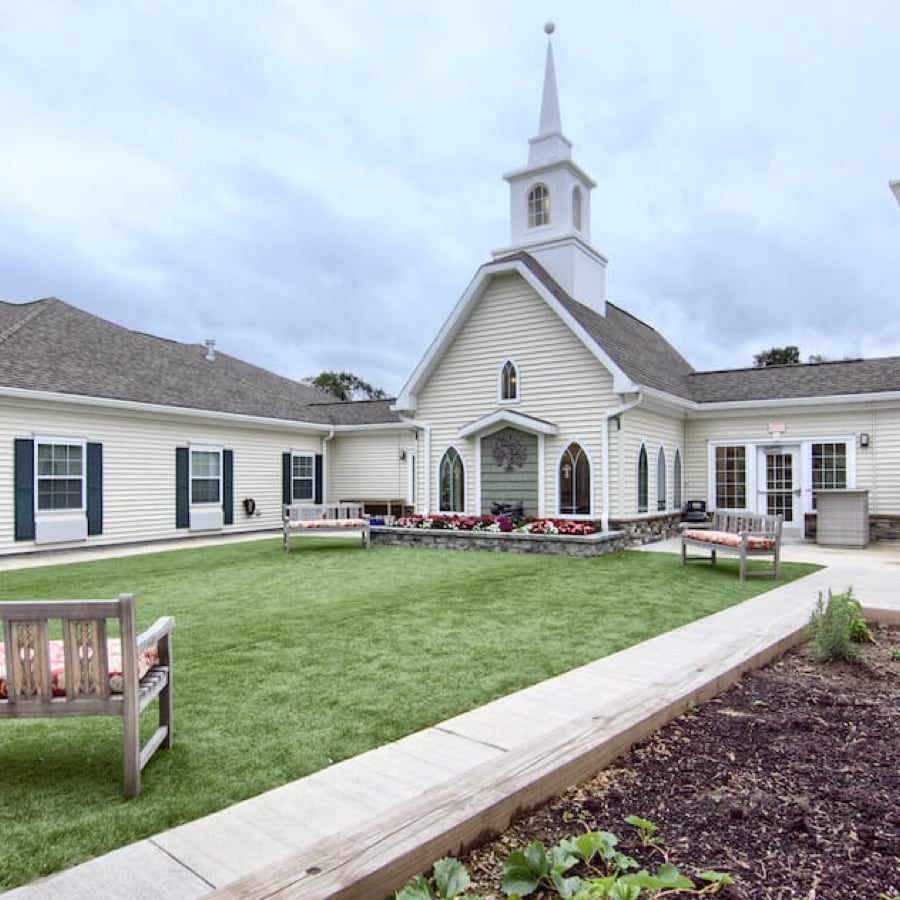Aging is a completely natural process. At some point, everyone’s memory starts to slip a little and getting around isn’t as easy as it used to be. But, how do you know when symptoms go beyond typical aging and are actually warning signs of a more serious condition?
It’s always hard to watch a loved one suffer, especially a parent. By knowing and recognizing the signs of dementia and Alzheimer’s, you can be better equipped to deal with it when the time comes.
What Are the Signs of Dementia and Alzheimer’s?
As a person ages, their risk for developing dementia increases. Knowing the signs to look for in your loved one can mean all the difference in early detection and treatment. It’s important to remember that some forgetfulness is common. However, when the forgetfulness goes beyond what is normal, it’s time to consider other possibilities.
Below are the most common signs you should look for:
- Cognitive decline that goes beyond what is typical
- Declining motor functions
- Disorientation and confusion
- Personality changes – especially anxiety, depression or anger
- Disorganization
- Frustration or aggression
- Withdrawal or apathy
- Difficulty concentrating or completing tasks
- Poor judgment
- Loss of sleep
Understanding Your Options
If you notice these signs developing in your loved one or aging parent, it’s time to schedule a visit with a doctor. There are several different types of dementia aside from Alzheimer’s, so it’s important to get a proper diagnosis. Once you know what you are dealing with, you can start to explore your options alongside your loved one. Just take every day one step at a time.
How to Talk to Your Parents About Assisted Living
Memory loss is scary. Sitting down with your loved one after early diagnosis gives you an opportunity to let them be a part of the decision-making process. Let them visit nearby assisted living communities so they can see first-hand that there is still a high quality of life possible after diagnosis. Encourage your loved one to focus on what remains and not dwell on things that were lost.
Find a few assisted living community locations nearby and schedule a tour. See the various types of amenities, services and activities available at quality assisted living communities. You may just find a new home away from home.











